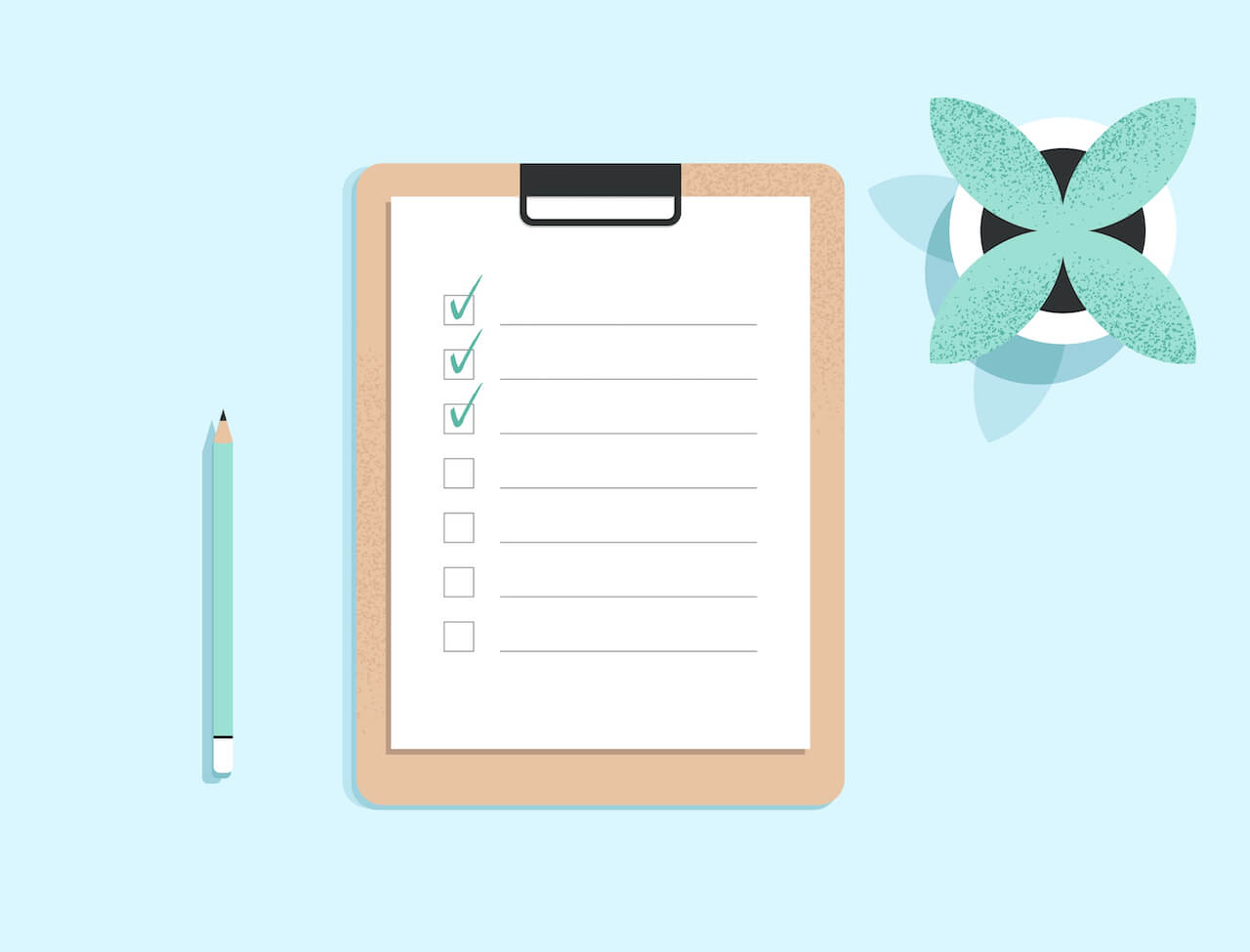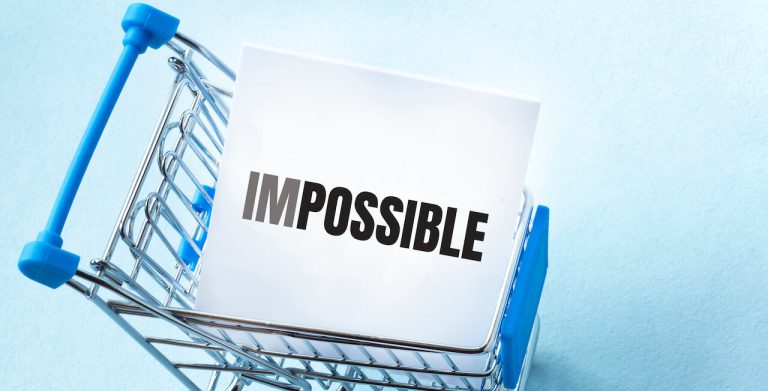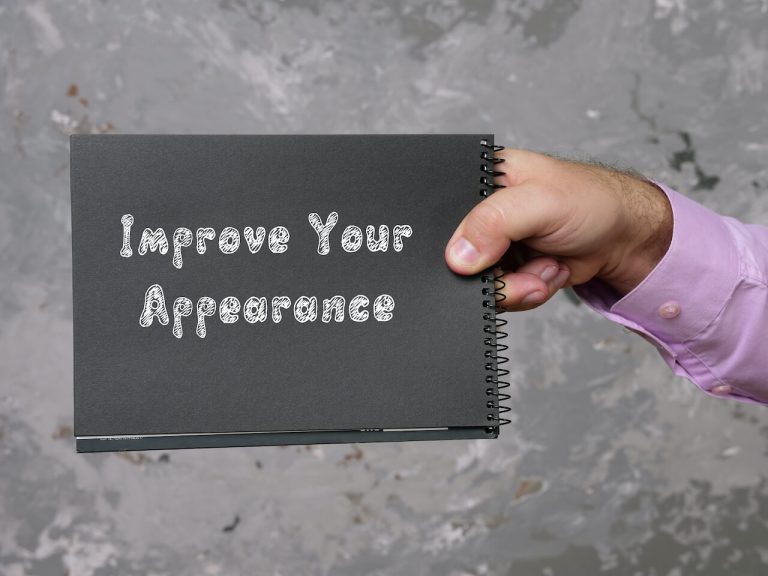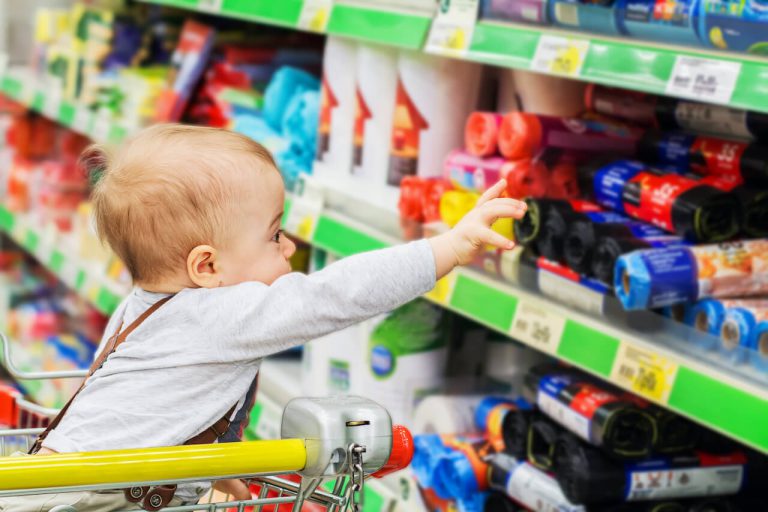Living a Minimalist Lifestyle – Here’s How
What is a Minimalism?
A minimalist lives a very simplified life by reducing the amount of physical or mental clutter they experience. For example, they might have very few items in their home, have a mainly empty diary for work or socializing, or focus on spending less money.
It depends on what Minimalism means to you and what you hope to achieve by living a minimalist lifestyle.
What is minimalist living?
Before you start decluttering your home or throwing away clothes, think about the areas of your life that are causing you stress.
Do you want to make space in your home or your schedule? Are you trying to reduce your anxiety around spending, or do you want to improve your relationship with your partner?
Decide what area of your life you want to work on to improve your quality of life. Once you have some ideas, you can plan how to achieve this.
Simplify
It might feel overwhelming to consider all the stressful aspects of your life. Begin by writing a list and focusing on one at a time.
Don’t set yourself up to fail! It is essential to start with an easy task, so you don’t feel immediately disheartened if you cannot complete it.
It is no use to come up with unobtainable goals. This will create the opposite effect and make life feel more complicated.
Why should I be a minimalist?
Stress
A busy lifestyle juggling work, family, and free time can contribute to personal stress and anxieties. However, practicing minimalism by decluttering your space and making more time in your life can be a helpful start to finding a sense of peace.
Appreciation
In a capitalist world, we are regularly reminded to work, work work, and buy buy buy. So much so that we often end up overwhelmed by the pressure of this lifestyle and surrounded by unnecessary things.
We are told that this jewelry, this bag, these clothes can add joy to our lives, but we forget that joy doesn’t come from things.
Minimalism can remind us to appreciate the few items we own and enjoy the time we get to spend with family and friends.
It can be a challenge to look past the things right in front of us, so if we declutter our space and our life, we can be free to experience absolute joy.
More Money and Time
By living a minimalist life, you might find you have more money as you no longer need to hit the clothing store every week or find a pair of shoes that match that new outfit.
It will quickly become apparent that you have more free time on your hands. Now you will need to spend minor time tidying, less time on thankless tasks, and less time searching through piles of junk to find that one thing you’re looking for.
You can begin to use this spare time and money to add meaning to your life; take a cooking course, take a journey with friends, and find time to just rest.
Cleanliness
The minimalist home will always appear tidy, just because it is not cluttered with stuff everywhere. The less there is around the house, the easier it is to clean.
This will have a surprisingly positive impact on your general well-being and encourage you to keep this space empty of junk.
Where do I start?
There are many different versions of a minimalism checklist, written in different styles, that you can find online. But, ultimately, the point is that it all comes down to you and the changes you want to make in your life.
Also, no one can tell you to get rid of that item if you don’t want to, so the change has to start with you.
How do I know what I want or need?
If you are trying to declutter your home but you are struggling to figure out what to throw away, a good starting point is to ask yourself, “Have I worn/used this in the last year?” If the answer is no, it is unlikely that you need that item.
Get Rid
That outfit in the wardrobe that you wore one time three years ago might look amazing, but is it just taking up room unnecessarily if you will never wear it again?
That necklace your cousin made you at a jewelry class that you think is ugly might have some personal value to it, but why are you keeping it if you will never wear it?
That piece of furniture sitting in your garage because you might need it one day; is that worth keeping? Or could someone else need it more than you?
How much stuff should I have?
There is no correct number of items for a minimalist to own, so don’t worry about counting everything in your home.
A minimalist will only have items that they need and use and will likely organize them quickly. There won’t be a junk drawer with random things that they’re saving “just in case”, so maybe start by removing the excess items from your home.
Getting rid of things?
It can be a real challenge to look at your belongings and tell yourself, “I can live without this.” However, there is a reason you bought it in the first place, which can be hard to let go of.
Ask yourself, “does this bring me joy?” If the answer is no, then you can get rid of it.
Where to?
When getting rid of your stuff, try not to throw things in the bin. Instead, if items are in good condition, consider taking them to a charity shop, giving them to a friend for free, selling them online, or recycling them.
Things that you believe are no good could bring joy to someone else.
What should I avoid buying?
Don’t buy anything you don’t NEED!
Those candles might smell nice but do you need to add them to your already giant collection?
Those shoes might be just your color, but are they going to make any real difference in your life?
One-off items
Avoid buying things you will use once and then store in your cupboard for the rest of your life.
Books
Try to avoid buying books. Instead, rent them from your local library or friends. Books take up a lot of space, and you probably won’t read that one again anyway.
Decorations
There is no need to buy numerous picture frames, motivational posters, or another set of fairy lights. These things will likely sit in the closet for months until you forget about them or replace some other decoration which will then be stored and forgotten.
Checklist for minimalism?
Simplify
Decluttering can have a very positive impact on your mental well-being – as the saying goes – “tidy house, tidy mind”.
Having much less stuff makes it so much easier to keep your house clean and organized.
Why not look around and get rid of all of the stuff you don’t need and see how much tidier it seems when you’re done?
Minimalist Checklist for Decluttering:
Most houses will have useless or unwanted items in a closet or drawer, such as the items on the checklist below.
Challenge yourself to go into each room and start to declutter by removing the items listed.
If you feel you are making progress, add your items to the checklist to get rid of them.
Kitchen:
- Tupperware with no lid
- broken bottle opener
- expired food
- old and ripped tea towels
- old table cloths
Living room:
- old magazines
- old DVDs
- burned out candles
- board games with pieces missing
- spare furniture
Bedroom:
- socks with holes
- old flat pillows
- textbooks from years ago
- unwanted clothes
- old bed linen
Bathroom:
- old toothbrush
- old make up
- empty soap dispenser
- worn-out hairbrush
- expired medication
Check-In
You can commit to minimalism for life, so remind yourself to check in and evaluate your progress at regular intervals. Things that once did not cause you stress may begin to, so you can use your minimalism skills to change these issues.
Remember to say no to plans once in a while and leave time for yourself.
Items may begin to accumulate around your house again, so you can refer to this checklist annually to maintain your minimalist lifestyle.
It is essential not to limit yourself unnecessarily – remember, if something brings you joy, allow it in your life! You don’t have to refrain from buying anything ever again to live a life of minimalism.






